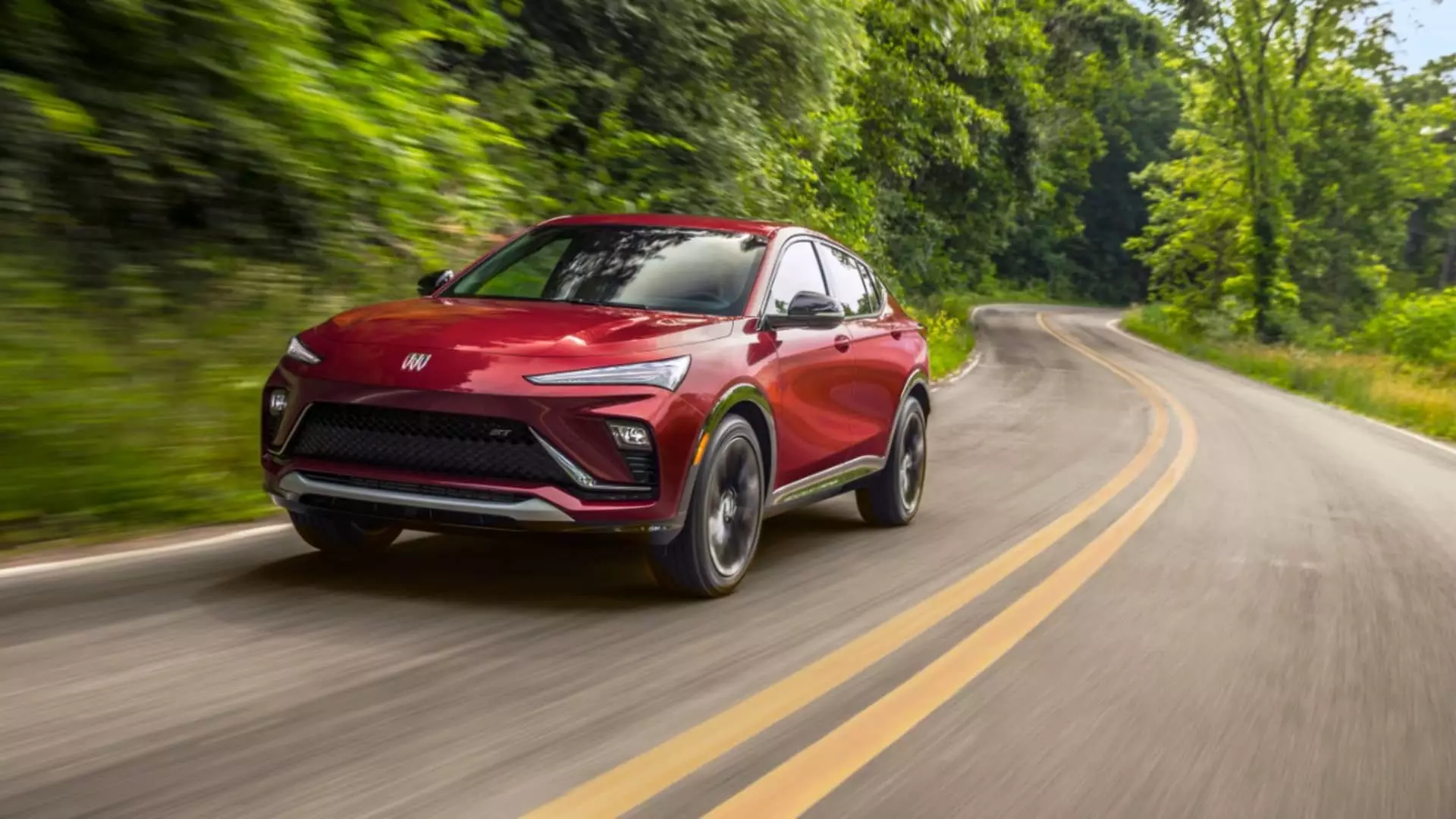General Motors experienced a 1.5% decline in first-quarter U.S. vehicle sales compared to the previous year, reflecting the normalization of the auto industry after years of disruptions and volatile results. The Detroit automaker attributed this decrease to a significant 22.9% year-over-year decline in sales to fleet customers, while retail sales to individual customers saw a positive growth of 6%. Despite being in-line with Cox Automotive estimates, GM’s sales fell below expectations for the overall industry. The company reported that only the Buick brand saw an increase in sales during the quarter, up by 16.4% from the previous year. On the other hand, the GMC truck brand experienced a decrease of about 5%, while both Cadillac and Chevrolet were down by approximately 2%.
During the first quarter, GM reported sales of its full-size pickups amounting to roughly 197,000 units, marking a 3.6% increase from the previous year and representing its best performance in that time frame since the first quarter of 2020. Despite the overall decline in sales, GM was able to gain retail market share year-over-year with a strong mix and pricing strategy. The company also highlighted that its inventories were in good shape heading into the spring season, and production and deliveries of Ultium Platform EVs were on the rise, particularly led by the Cadillac Lyriq model. However, GM’s sales of all-electric vehicles remained relatively low during the first quarter, comprising only 2.8% of the automaker’s overall sales, with a total of 16,425 EV units sold.
Other automakers in the industry also reported varying results for the first quarter, reflecting the normalization of inventories and sales to levels not seen since before the Covid-19 pandemic. Randy Parker, CEO of Hyundai Motor America, emphasized that the market has become increasingly competitive, with automakers striving to maintain profits without oversubsidizing sales. Hyundai experienced its best March sales ever in the previous month but saw only a slight 0.2% increase in first-quarter sales compared to the previous year. Additionally, Hyundai’s luxury brand, Genesis, reported a 7.3% year-over-year increase in sales during the first quarter.
Toyota Motor reported a significant 16% increase in sales for the first quarter, with a 16.1% increase in March alone. The company sold nearly 388,000 vehicles during the period. Honda Motor also saw a substantial 17.3% jump in sales, totaling nearly 334,000 vehicles sold, including a 10.1% increase in March. Kia, on the other hand, reported a slight decrease of 2.5% in sales with 179,621 vehicles sold during the first quarter. Nissan Group announced a 7.2% increase in sales for the quarter, with 252,735 vehicles sold. EV startup Rivian Automotive reported a significant growth in vehicle deliveries, totaling 13,588 vehicles during the first quarter, up from 7,946 units in the previous year. The company reaffirmed its guidance for an annual production of 57,000 vehicles, including 13,980 units during the first three months of the year.
The first-quarter U.S. vehicle sales have had a significant impact on the overall auto industry, with varying performances from different automakers. While some companies experienced growth and positive trends, others faced challenges and declines in sales. As the industry continues to evolve and adapt to changing market conditions, it will be crucial for automakers to focus on innovation, customer preferences, and competitive strategies to navigate through this dynamic landscape.

